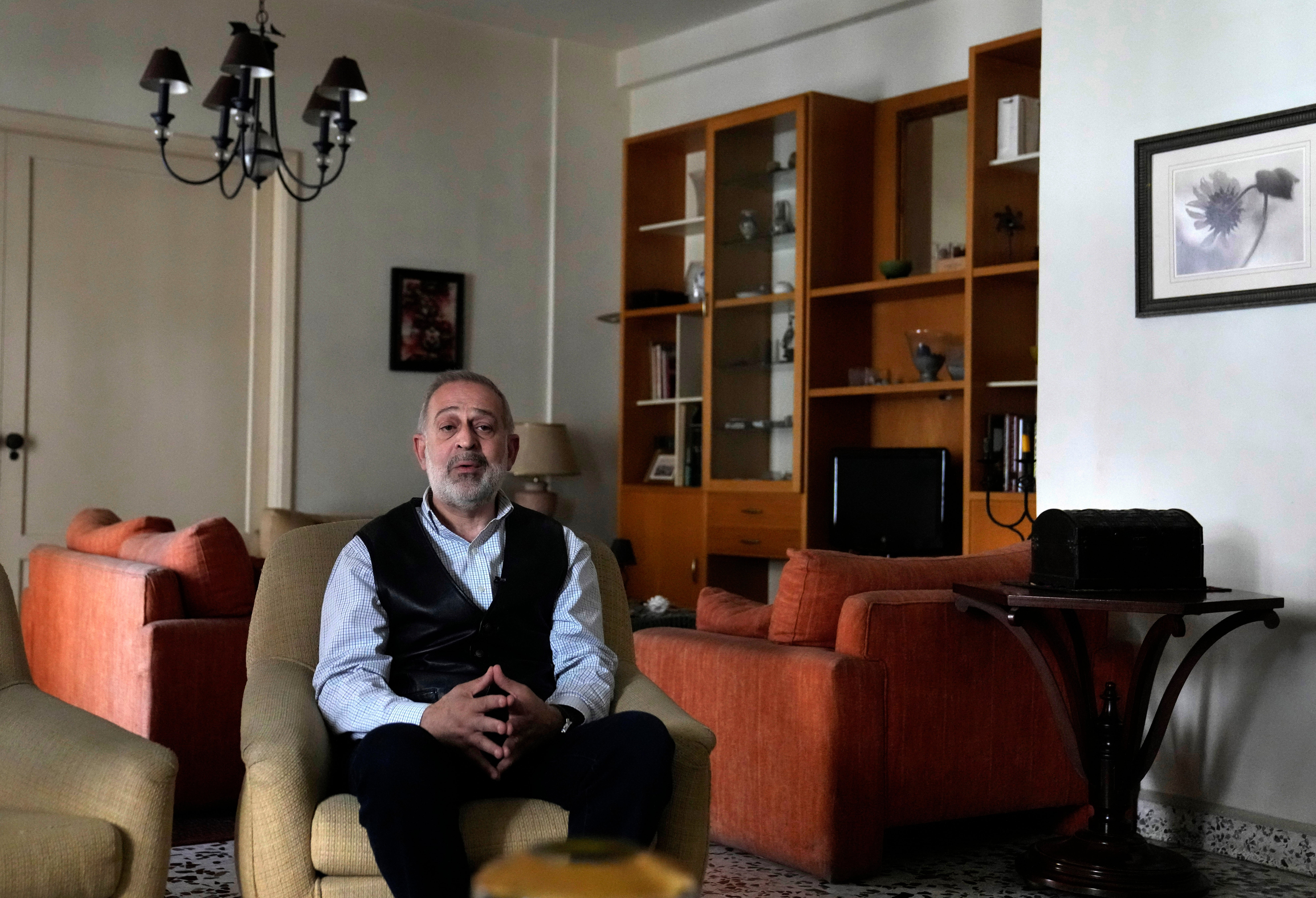Lebanese reformist, another lawmaker lose parliament seats
Lebanon's constitutional council has taken away parliament seats from two newly elected lawmakers, including an activist who had pledged to fight corruption

Your support helps us to tell the story
From reproductive rights to climate change to Big Tech, The Independent is on the ground when the story is developing. Whether it's investigating the financials of Elon Musk's pro-Trump PAC or producing our latest documentary, 'The A Word', which shines a light on the American women fighting for reproductive rights, we know how important it is to parse out the facts from the messaging.
At such a critical moment in US history, we need reporters on the ground. Your donation allows us to keep sending journalists to speak to both sides of the story.
The Independent is trusted by Americans across the entire political spectrum. And unlike many other quality news outlets, we choose not to lock Americans out of our reporting and analysis with paywalls. We believe quality journalism should be available to everyone, paid for by those who can afford it.
Your support makes all the difference.Two newly elected Lebanese lawmakers, including an activist who had pledged to fight corruption, lost their parliament seats on Thursday following an appeals process before the country's constitutional council.
Ramy Finge, a dentist and pro-democracy activist from the northern city of Tripoli, was among 13 independent candidates who had won seats in Lebanon's parliamentary elections last May, unseating opponents from Lebanon's traditional parties.
The decision of the Lebanese Constitutional Council to revoke his seat followed an appeal claiming the initial vote count in his favor was inaccurate. The council revoked Finge's win and returned his seat to his opponent and long-time legislator Faisal Karami.
Karami is a close ally of the Iran-backed militant Hezbollah group and Syrian President Bashar Assad. Thursday's council decision adds another legislator to a multi-party coalition backed by Hezbollah.
Under Lebanon’s political system, opponents who run against a candidate can later appeal before the council. Local and international elections monitors say they had documented cases of fraud in the May elections, as well as vote-buying and at times violence.
The decision comes as Lebanon's newly elected — but still deeply divided — parliament has been unable to elect a new president after President Michel Aoun’s term ended last month.
Finge has supported Michel Mouawad for president, a candidate backed by traditional parties close to the United States and Gulf Arab countries and a firm Hezbollah opponent.
The tiny Mediterranean nation of Lebanon is in the throes of an economic crisis that has impoverished about three-quarters of its population of 6 million, and a political crisis that has left it without a president and only a caretaker government with limited functions.
In May, Finge told The Associated Press that he hoped to “dismantle this corrupt ruling class” in parliament, and alongside other independent counterparts pull Lebanon out of its economic mire.
Mark Daou, another independent parliamentarian, paid tribute to Finge after his unseating and described him in a tweet as a “responsible and serious representative.”
“We will stand by your side and stay together on all fronts,” Daou said.
The constitutional council also on Thursday unseated Firas Salloum, a lawmaker from northern Lebanon and the country's Alawite minority. He was replaced by pro-reformist candidate Haidar Nasser, who filed the appeal after the elections.